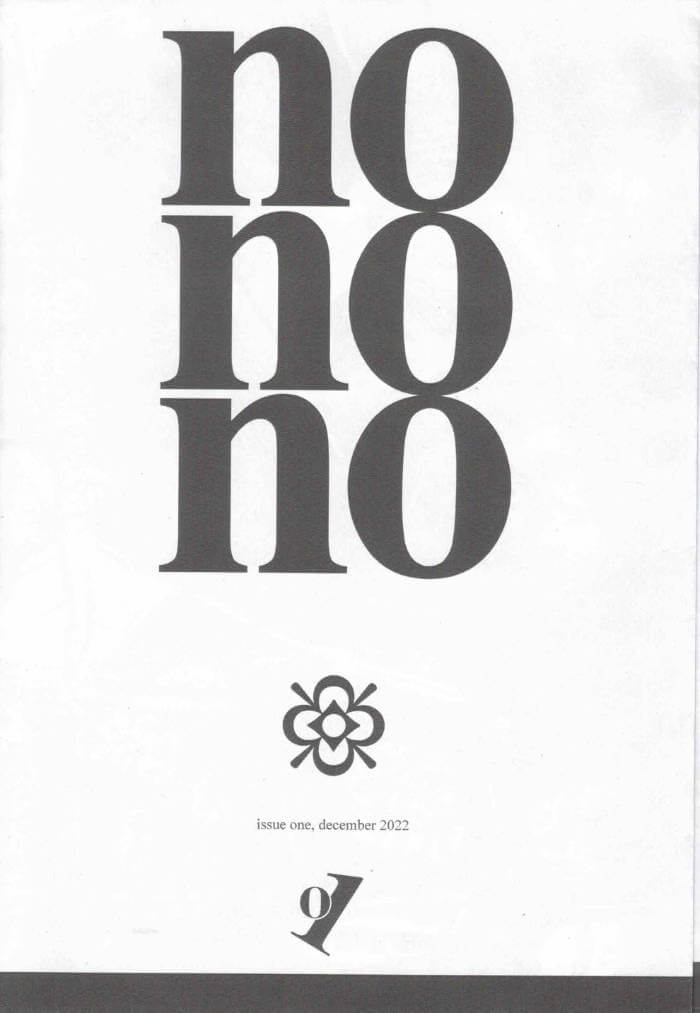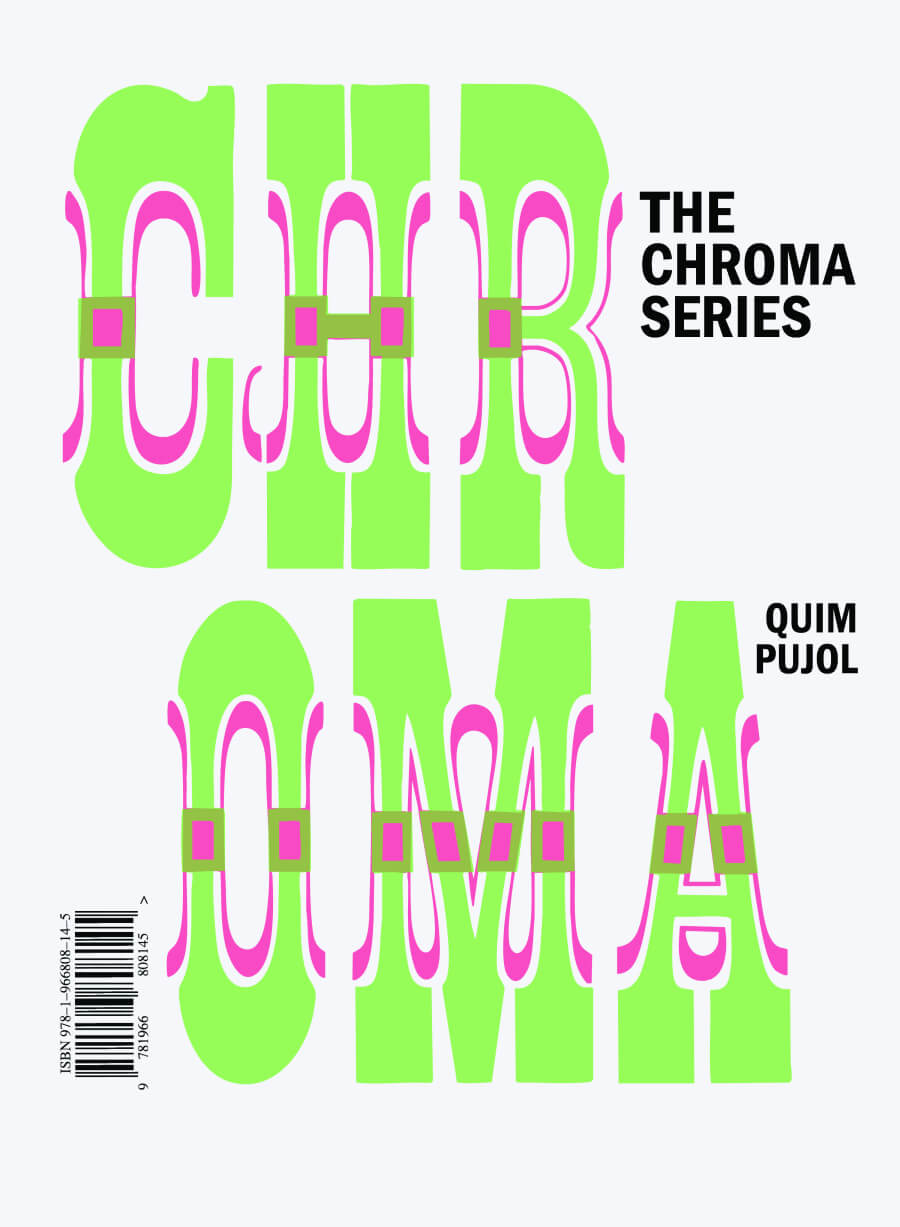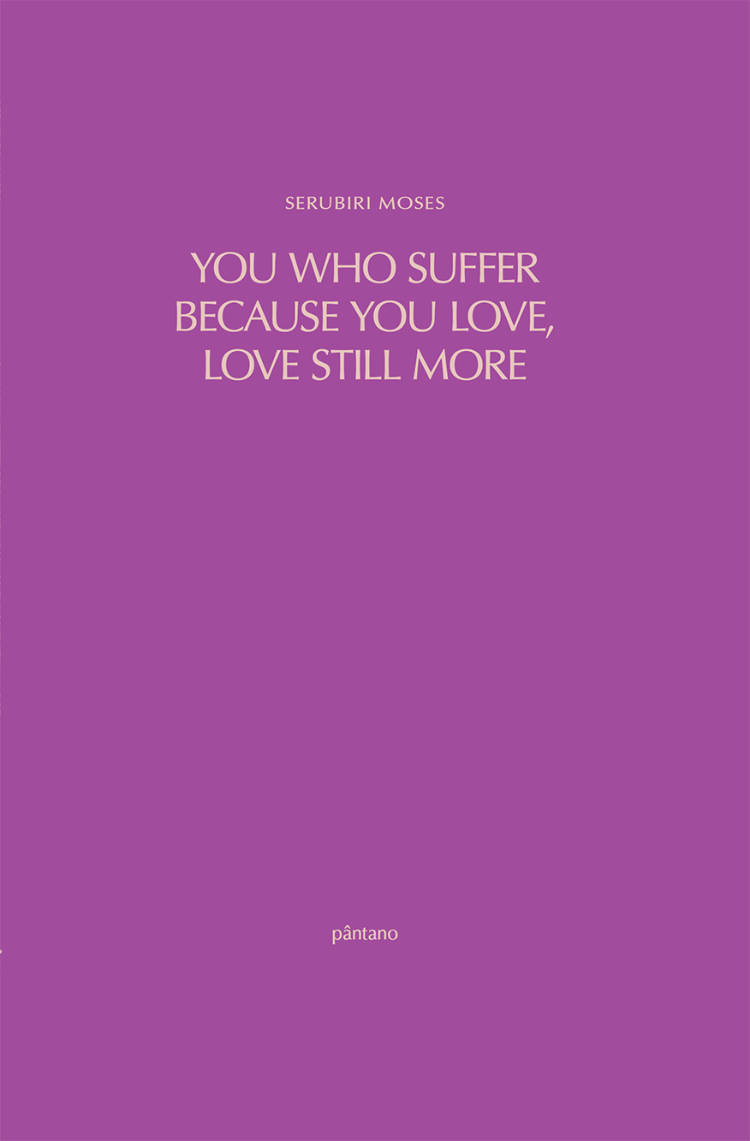
nmp.07 - drone
no more poetry presents drone, the debut collection from poet felix garner-davis. the book is simple, in that it directs us where to look. high up in the apartment of words the poet offers the audience a window, from which the abundance, beauty, pain and peculiarity of the world can be observed. the poet boldly enacts the role of surveyor, of witness and of voyeur, and asks that we follow suit.
the poems offer new perspectives for which to frame the mechanical and the natural, the quiet and the dizzying. with precision and generosity garner-davis offers an inquisitive consideration of people and their many strange performances within time. the poet asks the audience to join him as the grounded witness; to pause and breath, and in turn celebrate one’s hereness. the poem sings of our aliveness! garner-davis places the reader firmly by his feet, neck tilted against the glass pane of the building or the taxi-cab or the train or the motorcar. thrust into the streets that carry the great disconnect of living; of lives separated and alien, and yet so proximal to our own. this is a book of city poems, guided by the poet, whom we may also call the drone. this is a book that collects many small songs of the everyday and asks us to sing them. drone is a celebration of moments and their endurance
felix is a writer, spoken-word artist & architecture student. he lives in naarm & co-edits the literary journal malevolent soap.
nmp.07:
2021, english — metallic paperback
164 pages — 108 x 178 mm
first edition, edition of 200 (numbered)
Language: English







